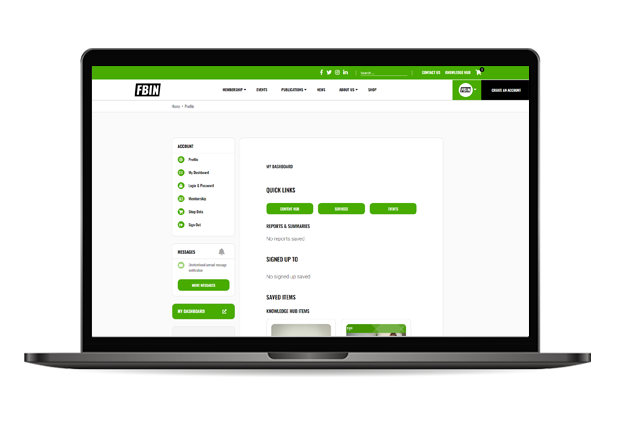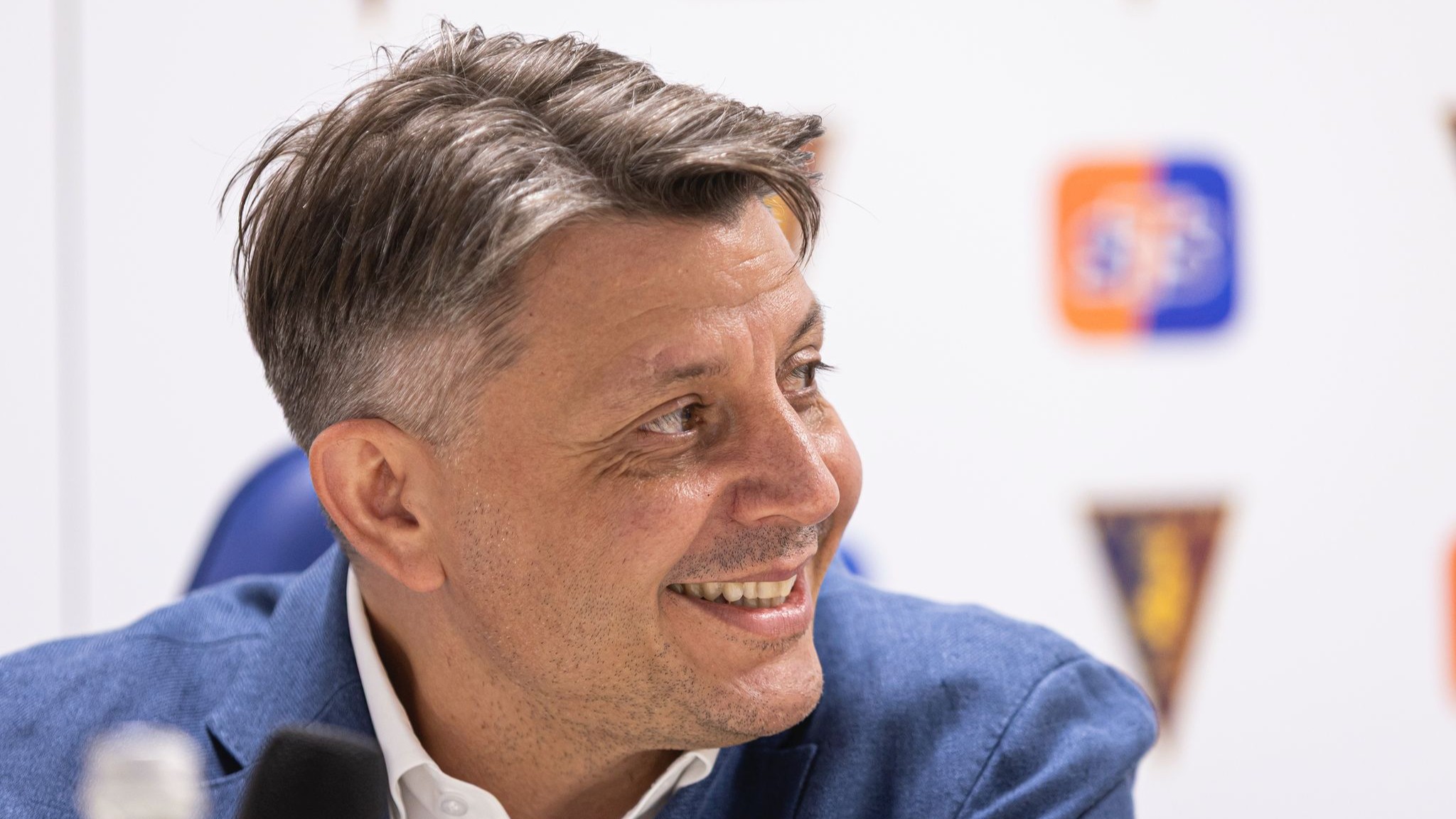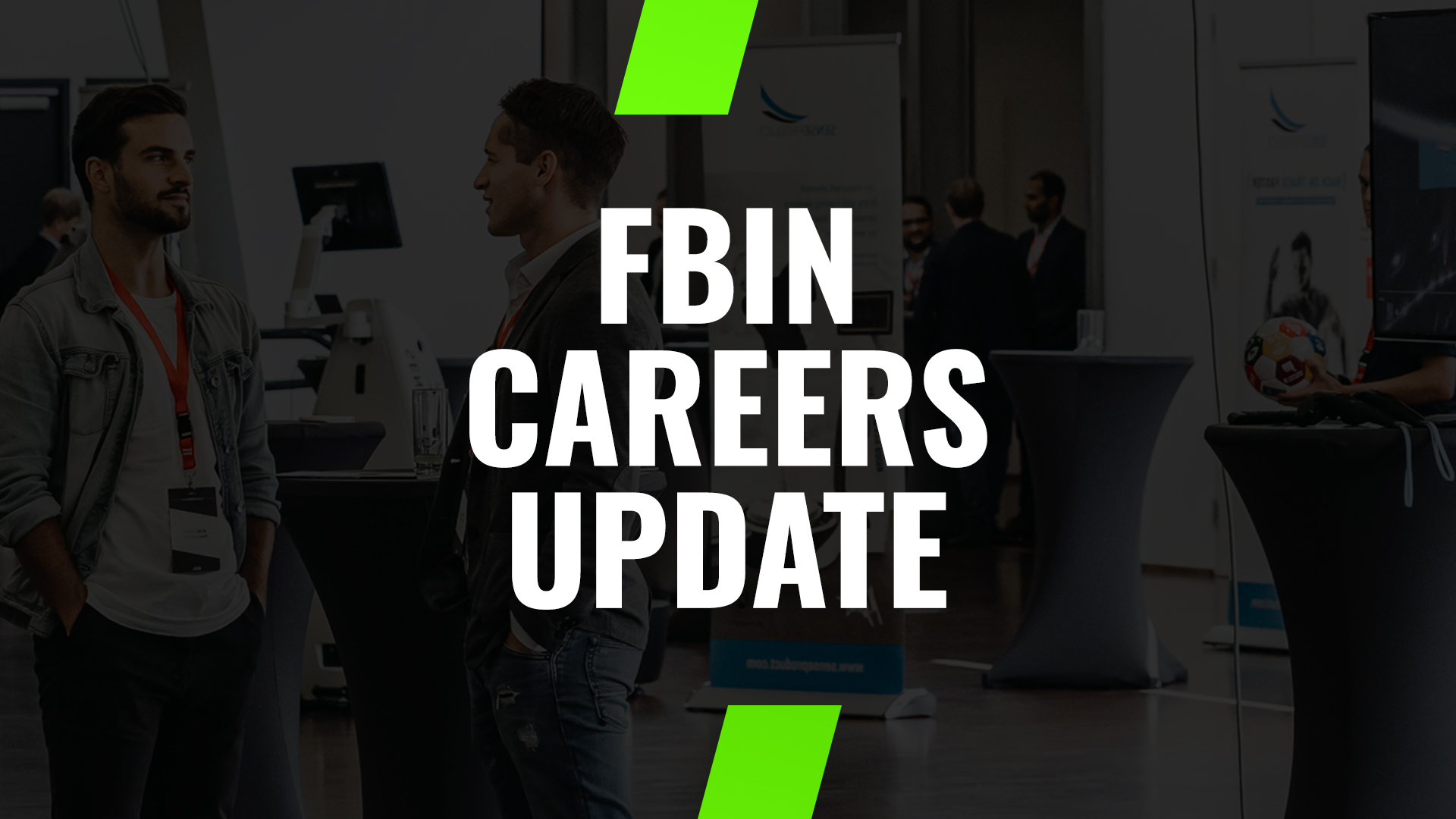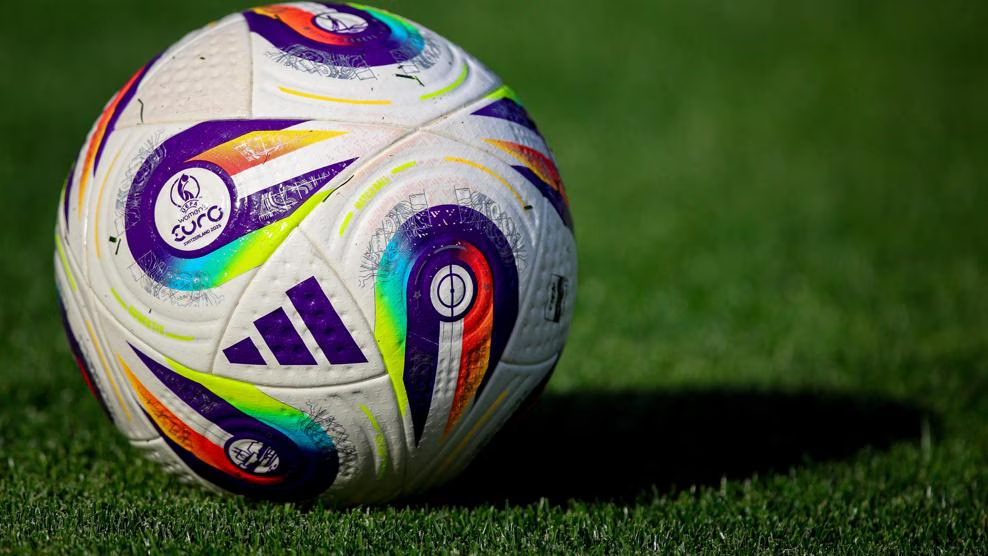We spoke to Jacob Nielsen, CEO of Aarhus GF about how the club increased its revenue, even invested during the pandemic and why sustainability is so important for them.
Last year you made it into the global media by placing screens at the stadium so fans could take part via zoom. What impact did this project have on AGF?
Jacob Nielsen: It got us on the map – not only in Denmark, but around the world, and it was the culmination of the great effort we made during the Corona shutdown in Denmark. The initiative was mentioned over 1,500 times in foreign media during only a month, where the city’s name and the club were reported on in media such as CNN and The New York Times. So we were naturally proud to be able to contribute to a great branding and publicity of the city. And after Corona, there were many who said that “AGF had won the Corona Crisis in Danish sport”. But the most important thing was that we managed to involve and engage the fans, who got a special experience during the Corona shutdown and that our players got a special environment where they could perform.
Basically, how did you cope with the crisis? How did you handle the demands of the sponsors?
That is a big question. Because we did many things and I am proud to say that as one of the only clubs we had progress on the sponsorship side under Corona, which was highly unusual. We were in frequent contact with our sponsor during the shutdown. We created various events and meetings at a distance and digital opportunities. We offered our platforms in different ways, so they could promote themself even more to our fans. Past and present players became involved in the contact with sponsors. We created a VIP drive-in at home games and when there were again few spectators allowed at the stadium, we created an outdoor VIP area, as you were not allowed to be inside because of Corona. And many other things. So with imagination, hard work and a determined effort, I think our sponsors will say we did alright under the Corona-shotdown in Denmark.
How important was the support by the Danish government to overcome the crisis?
It was important financially. But otherwise we did not get much help. But due to help packages from the state, we were able to keep our employees and send them home in some periods with the majority of the salary supported by the government.
So, you even invested during that pandemic period. Why did you do that?
A crisis is an opportunity to show your true face and therefore it is important to continue the work and invest in the future.
You also entered Women’s football recently. Why did you do that and what is the status quo of this part of the club?
It is in our basic values that we want to be a club for everyone – also for girls who play football. Now we have a team they can look up to. So it’s really a natural extension of the desires we have to take responsibility and be a part of our city and for our surroundings.
A collaboration around women’s football with Jutland’s two largest clubs on the member side, IF Lyseng and VSK Aarhus, aligns well with our focus on embracing the whole city, and it helps to brand AGF even stronger both locally and nationally. It has been important for us to create a sustainable, independent model for elite football on the girls’ and women’s side – both sportingly, financially and organizationally.
The status is that on the commercial it is progressing with interest from new sponsors and we have the highest average attendance in the league. But we have not been able to fight equally against clubs with a much higher budget in the teams and foreign owners such as HB Køge. So on the results, we are still not there. But it will come. We want to build it up organically with a focus on our own talents from the local area. And then there are no easy shortcuts to success. It’s hard work. But the future looks bright. Both our academy teams U16 and U18 are number one in the national league, so there are many exciting talents on the way.


 Upgrade to Premium Now
Upgrade to Premium Now





